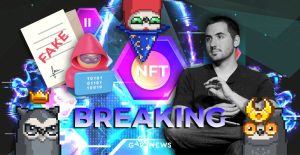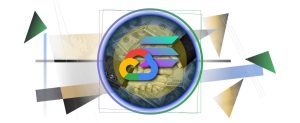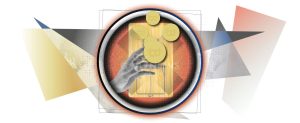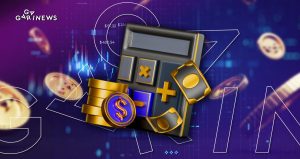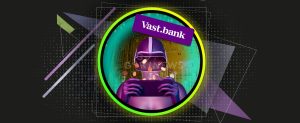The blockchain developer path. How to become one and what is need
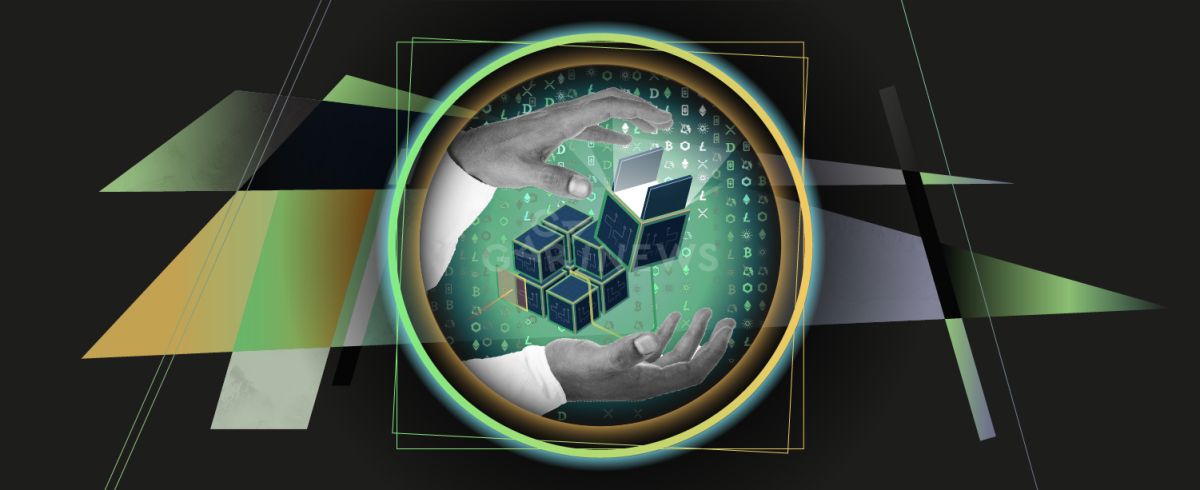
Every year, the world’s largest companies hire tens of thousands of blockchain developers for their new projects. How to become one of them?
On this page
Blockchain is one of the fastest growing technical areas in the IT world. Given current trends, the blockchain technology market could reach a value of $160 billion by 2029. Blockchain is not only about Bitcoin and its mystical creator Satoshi Nakamoto. First of all, this is a revolutionary technical solution for the digital world. Blockchain has completely new security and functionality standards.
What does a blockchain developer do?
Blockchain developers are technical professionals who are responsible for developing blockchain protocols and creating smart contracts. Blockchain technology is associated with a distributed database that stores records of every transaction on the network. Blockchain developers can be divided into two types:
- Core Blockchain Developer: responsible for the blockchain project system security and architecture. Engaged in the entire network architecture design and monitoring.
- Blockchain Software Developer: uses the underlying web architecture to build applications, decentralized ones specifically (Dapps). Develops API for blockchain integrations, implements smart contracts.
To become a blockchain developer, you need a decent set of technical skills. You should have a complete understanding of the blockchain architecture, what it consists of and how it works.
Basic skills to enter the industry
- Programming Languages: You need to learn the basic concepts of programming. The OOP (Object Oriented Programming) understanding is of high importance. Knowledge of programming languages is an integral part of a blockchain developer's arsenal. The main languages in which the code of blockchain projects are written: C ++, Java, Python.
- Data Structures: Used to develop a consistent and efficient system for the entire project. You should have a complete understanding of various data structures such as linked lists, binary trees, heaps, hashing, graphs, and more.
- Databases and networks: In addition, you also need to have some fundamental knowledge of database and networking concepts. It will help you understand the distributed systems mechanism and other important blockchain concepts.
- Cryptography: Cryptography is one of the required technical skills to become a blockchain developer. You need to learn the essence of digital signatures, hash functions, RSA algorithms, and more. This will help lay the groundwork for developing your own blockchain.
Understanding Blockchain Basics
Once you have the necessary technical skills, you will need to understand the basics of blockchain and master concepts such as consensus, hash functions, distributed ledger technology, what is a block in the blockchain network, etc. In addition, you will need to familiarize yourself with such concepts of network architecture as:
- Public architecture: Means that the data and access to the system belongs to anyone who wishes to have it (for example, the Bitcoin, Ethereum, and Litecoin blockchain systems are public).
- Private architecture: Unlike a public architecture, a private system is controlled only by users from a particular organization or authorized users with certain rights.
- Consortium architecture: Partially decentralized network. Basic rights are held by members of certain groups.
Ethereum, DApps, Smart contracts and Solidity
Ethereum is an open source decentralized network that is used to run smart protocols, smart contracts and decentralized applications (DApps). In addition, Solidity is a language designed for the Ethereum virtual machine (EVM). Solidity is statically typed and supports inheritance (a mechanism that allows one class to get all the elements and properties of another class), libraries, and complex custom types among other features. With Solidity, you can create smart contracts for any blockchain project.
What is “cryptonomics”?
An important aspect of blockchain development is cryptonomics. It is related to the process of understanding the economic concepts and methodologies behind cryptocurrencies. You need to learn about important concepts such as transaction fees, mining, transaction lifecycle, who are validators, and why nodes are needed. Although cryptocurrency is only a small part of the entire blockchain technology, you need to understand its mechanism in detail in order to understand the basics of blockchain.
Developer Road Map
We would like to strongly recommend you the DeFi developer roadmap. This is a carefully curated guide for Web3.0 developers that includes a list of the best tools for DApps, NFT development, and many useful life hacks. All documentation is as up-to-date as possible for 2022. In addition, its author regularly updates all the material.
Conclusion
Learning Web3.0 and developing some kind of blockchain may seem intimidating at first, but anyone who really wants to become a developer can do it. Learn step by step from basic computer science to JavaScript, Solidity and DeFi applications. You won't learn blockchain development in 1 week, but you can do it in 1 year of hard work. Go for it!
The content on The Coinomist is for informational purposes only and should not be interpreted as financial advice. While we strive to provide accurate and up-to-date information, we do not guarantee the accuracy, completeness, or reliability of any content. Neither we accept liability for any errors or omissions in the information provided or for any financial losses incurred as a result of relying on this information. Actions based on this content are at your own risk. Always do your own research and consult a professional. See our Terms, Privacy Policy, and Disclaimers for more details.

